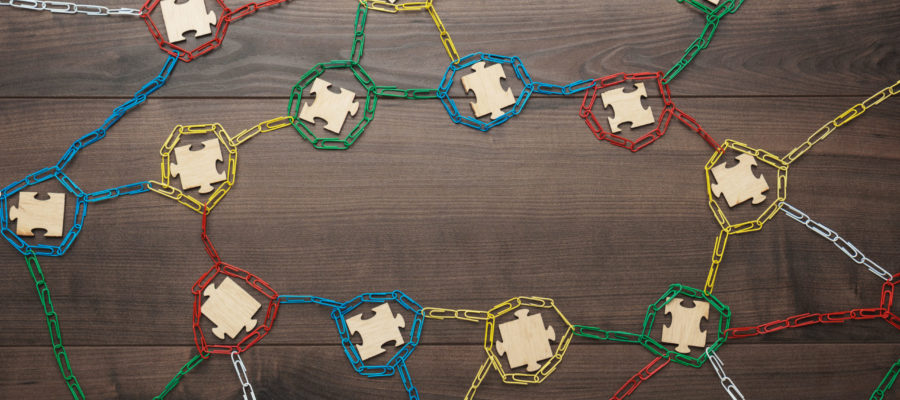Blockchain technology has the potential to revolutionize the food and beverage industry. By introducing blockchain to the food and beverage industry, businesses can improve the transparency and traceability of products. The future of blockchain in the food and beverage industry is exciting, but there are challenges to overcome with implementation.
Challenges of implementing blockchain technology in the food and beverage industry include the need for a crypto wallet API and the need for standardization. The right API (application programming interface) will let your mainstream users buy cryptocurrency on your app and store it in a crypto wallet, and you’ll be able to customize it to fit your needs on your website or app. Crypto APIs will let users purchase your goods and services using cryptocurrency, including food and beverages.
Introducing Blockchain To The Food And Beverage Industry
Blockchain technology is a distributed database that allows for secure, transparent, and tamper-proof transactions. Blockchain tech is being used to track the provenance of food and beverages, ensuring that they are sourced and produced ethically and sustainably. The technology is also being used to ensure the quality and safety of food and beverages, and to reduce food fraud.
Blockchain is also being used to create transparent and accountable supply chains. This allows food and beverage companies to track their products from farm to table, and to ensure that their suppliers are meeting ethical and quality standards.
The use of blockchain is also helping to reduce the cost of food and beverage production. By creating a more transparent and accountable supply chain, blockchain is helping to reduce the amount of waste and fraud in the food and beverage industry.
The use of blockchain is also helping to create a more sustainable food and beverage industry. By tracking the provenance of food and beverages, blockchain is helping to ensure that they are sourced and produced ethically and sustainably.
Challenges With Blockchain Implementation In The Food And Beverage Industry
One of the biggest challenges of implementing blockchain technology in the food and beverage industry is the lack of standardization. Each blockchain platform is different, and each company has its own implementation. This makes it difficult for companies to exchange data and collaborate.
Another challenge is the lack of trust. The food and beverage industry is a highly regulated industry, especially when it comes to licenses to sell alcoholic beverages, and companies are reluctant to share data with each other for fear of compromising their competitive advantage. Distributors and retailers also require trust that the food and beverage products they are selling are safe and of the highest quality. Consumers require trust that the food and beverage products they are buying are fresh and have been ethically and sustainably sourced. Farmers and processors require trust that the food and beverage products they are producing are being sold at a fair price.
Another big challenge is the lack of awareness and understanding of blockchain technology. Many companies are still skeptical about the benefits of blockchain technology and are reluctant to invest in it, not to mention a general lack of understanding among the user base, many of whom still prefer using fiat currencies.
Benefits of Blockchain in the Food and Beverage Industry
Blockchain technology can help to build trust and transparency between all of the stakeholders in the food and beverage industry. Blockchain can track the entire history of a food or beverage product, from the farm where it was grown to the grocery store where it was sold. This tracking capability can help to ensure that the food and beverage products consumers are buying are safe, fresh, and of the highest quality.
Of course, a big challenge in the way of the tracking benefits is getting all of the stakeholders in the food and beverage industry to agree to use the same blockchain system. Each stakeholder has their own vested interests, and it can be difficult to get them all to agree on a common system.
Another challenge is ensuring that the blockchain system is accurate and up-to-date. The blockchain system must be able to track the movement of food and beverage products through the supply chain in real-time. If the blockchain system is not accurate, it could lead to distrust between the stakeholders in the food and beverage industry.
Despite the challenges, blockchain technology has the potential to revolutionize the food and beverage industry. By building trust and transparency between all of the stakeholders, blockchain can help to make the food and beverage industry more efficient and sustainable.
